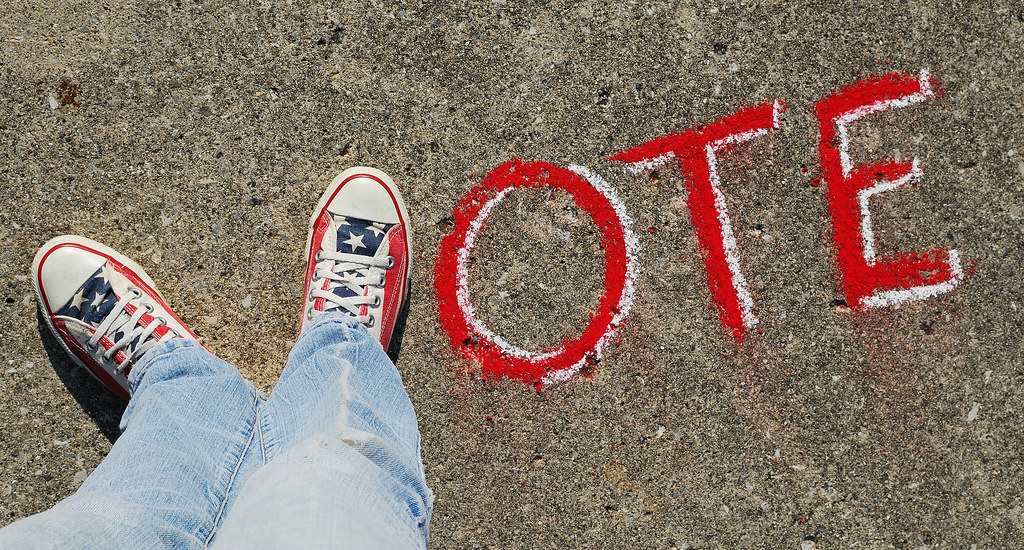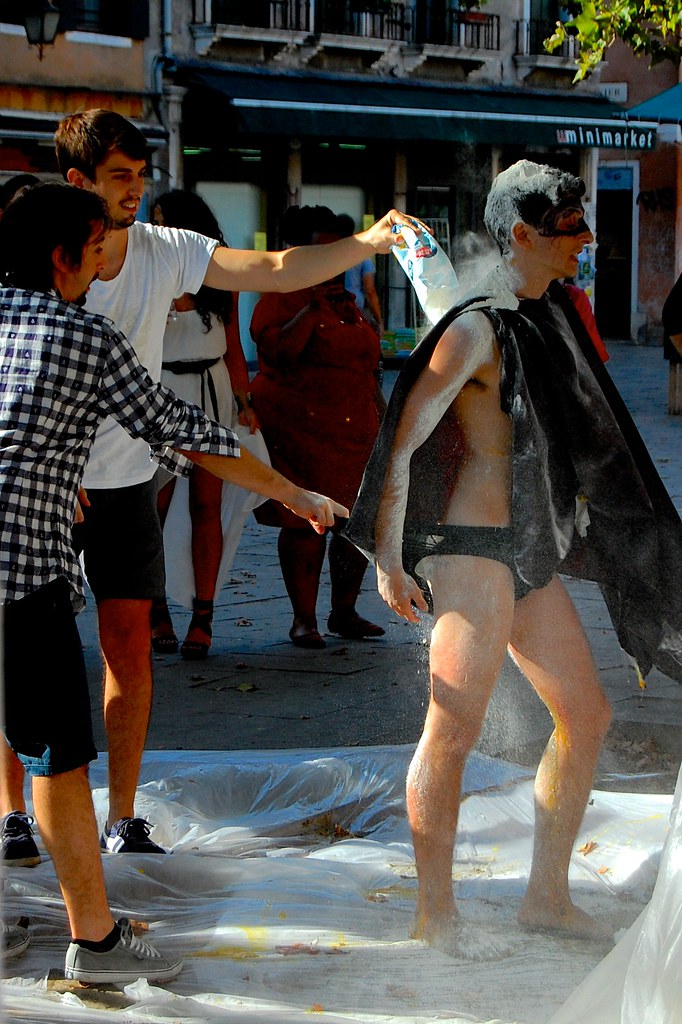Thought your Gmail account was private? It was not before, but it may be now.
Not only did Google admit to reading user emails for content to target its advertising campaigns to its users, but Google
argued in federal court that Gmail users had no expectation of privacy regarding their email accounts. Thus, it was total legal for Google to scan Gmail account users' emails without the users' knowledge or permission.
Google argued in its brief: "Just as a sender of a letter to a business colleague cannot be
surprised that the recipient's assistant opens the letter, people who
use web-based email today cannot be surprised if their emails are
processed by the recipient's [email provider] in the course of delivery.'" (Motion to
dismiss, Page 19)
Privacy activists, however, rejoiced when
Judge Lucy H. Koh rejected Google's argument. In her decision, Judge Koh ruled that reading emails is not a necessary part of Google's business
operations and that California's Invasion of Privacy Laws apply to
opening and reading online communications without consent.
Or more simply, Google violates privacy laws when it scans our personal emails to determine what ads to show us based on our emails' content.
Though this decision is exciting and new, the real-life implications of this decision have yet to be felt. Google will almost certainly appeal the decision, and there is no reliable prediction as to how federal appeals courts may handle the issue. You can check back in with Student Legal Service's blog in the future for any developments on this case!




